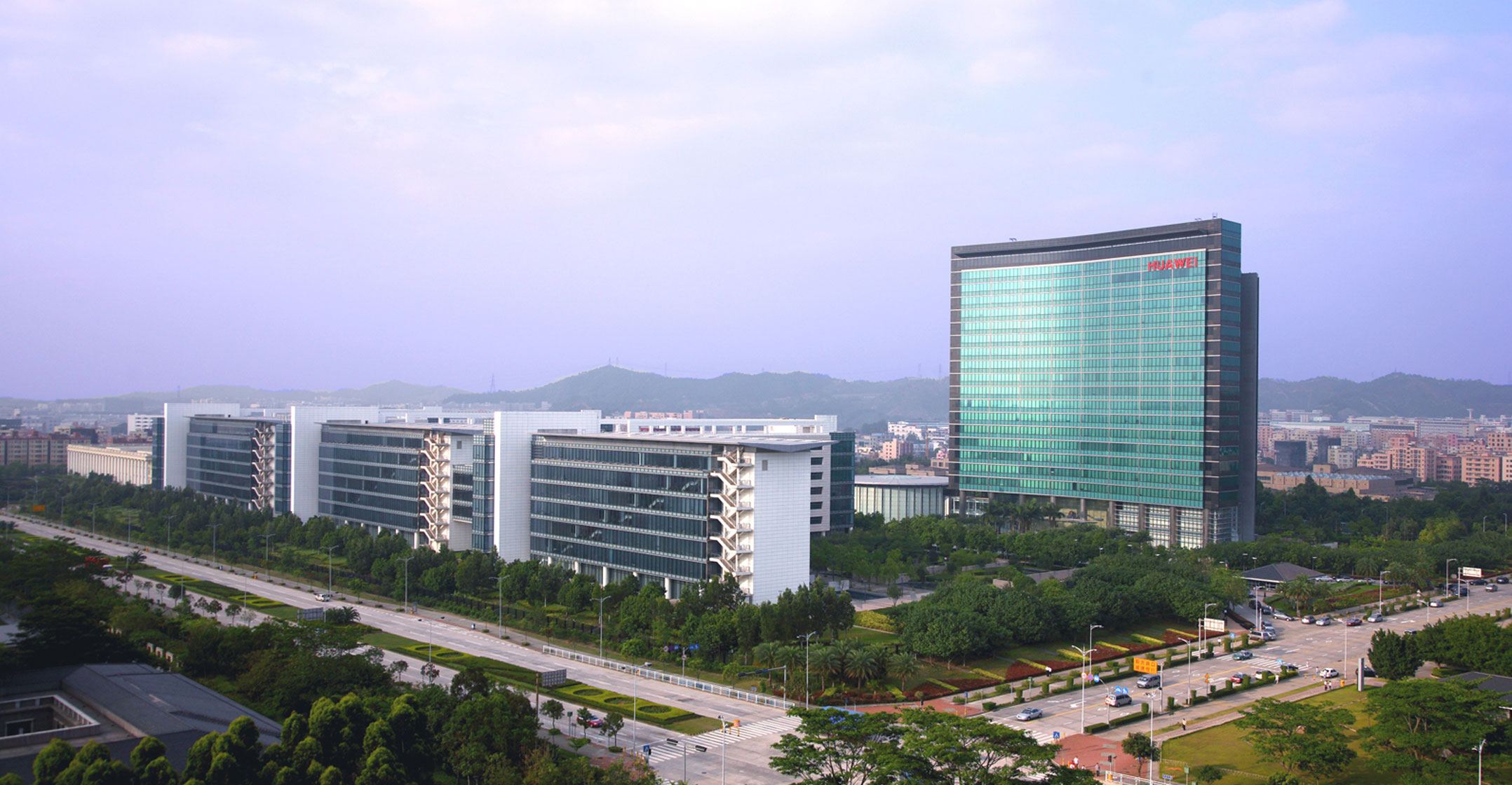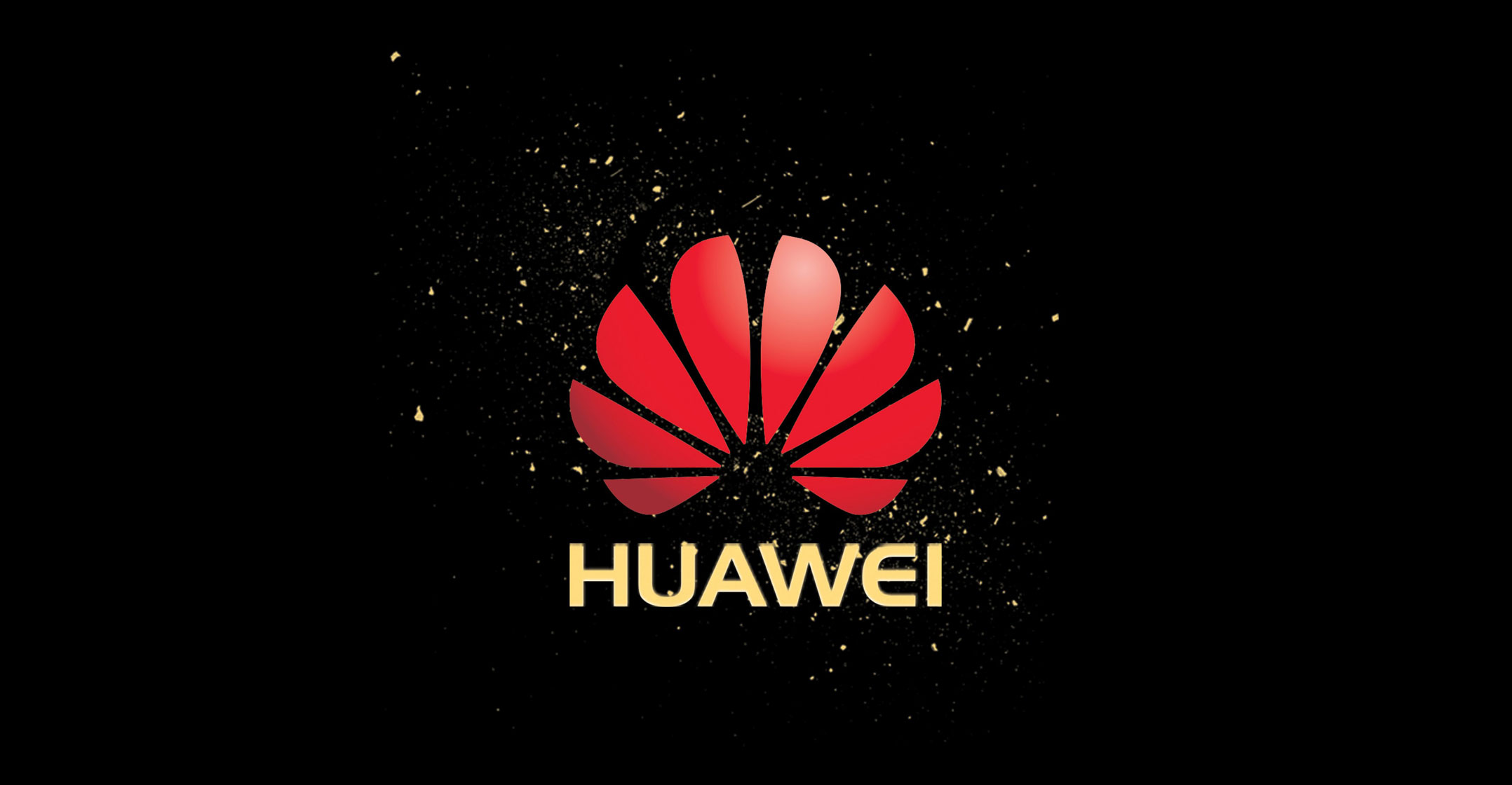 The US department of commerce on Tuesday posted a new rule that allows US companies to work with China’s Huawei to develop standards for 5G and other cutting-edge technologies, despite restrictions on doing business with the telecommunications equipment maker.
The US department of commerce on Tuesday posted a new rule that allows US companies to work with China’s Huawei to develop standards for 5G and other cutting-edge technologies, despite restrictions on doing business with the telecommunications equipment maker.
Reuters reported on Monday that the rule had been approved and sent to the Federal Register, the official U.S. publication for rules. It was posted for public inspection on the Federal Register’s website on Tuesday and is scheduled to be formally published on Thursday.
The rule amends the Huawei “entity listing”, which restricts sales of US goods and technology to the company. The US placed Huawei on the list in May 2019, citing national security concerns.
The amendment authorises the release of certain technology to Huawei and its affiliates if it contributes “to the revision or development of a ‘standard’ in a ‘standards organisation’.”
Industry and government officials have said the entity listing backfired in standards settings. With US companies uncertain what technology they could share, some US engineers did not engage, and Huawei gained a stronger voice, they said.
Huawei and 114 of its foreign affiliates on the Entity List “continue to participate in many important international standards organisations in which US companies also participate”, the new rule says.
Building blocks
“As international standards serve as the building blocks for product development and help ensure functionality, interoperability and safety of the products,” it noted, “it is important to US technological leadership that US companies be able to work in these bodies in order to ensure that US standards proposals are fully considered.”
Naomi Wilson of the Information Technology Industry Council, which represents tech companies, said the rule was a “long-awaited step to clarify that US companies can participate in international standards bodies – even where certain listed entities are present”.
Boston lawyer Andy Updegrove, who has represented over 150 standards organisations, said he found one catch: not all standards consortiums may meet the requirements in the rule.
 To do so, he said, some may change the way they work, but other foreign ones may not. “Overall, it’s a big improvement, but it’s not going to help US companies in every case,” Updegrove said.
To do so, he said, some may change the way they work, but other foreign ones may not. “Overall, it’s a big improvement, but it’s not going to help US companies in every case,” Updegrove said.
Huawei said in a statement it wants to continue standards discussions with counterparts, including those in the US, and that “inclusiveness and productive dialogue will better promote” their formulation and encourage development. — Reported by Karen Freifeld, (c) 2020 Reuters




